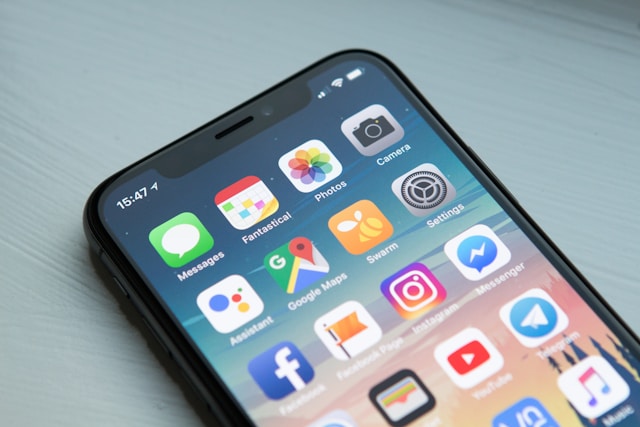 During the holidays people should sleep as much as they can and not get too stressed out. This could prevent some of the holiday weight gain
During the holidays people should sleep as much as they can and not get too stressed out. This could prevent some of the holiday weight gain
Samuel Klein, director of the Center for Human Nutrition at Washington University School of Medicine in St. Louis, says it looks as if “we should tell overweight patients to get more sleep. This is advice that’s easier to follow than eat less and exercise more. ”
“It means watching a little less TV at night and getting to bed earlier,” Klein says. “Who on earth would argue about getting more sleep?”
Getting enough sleep and controlling stress are subtle things that could have an impact on weight, agrees Louis Aronne, president of the North American Association for the Study of Obesity and director of the Comprehensive Weight Control Program at New York Presbyterian Hospital.
Other studies are underway. Van Cauter is looking at how sleep loss affects people on low-calorie diets; how shift workers’ sleep habits affect their weight; and how sleep affects the hunger levels of the morbidly obese. She’s also investigating sleep deprivation in women and older people.
Mignot says researchers now must to do an intervention study in which sleep-deprived people increase their sleep time to see if it helps them lose weight.
“More and more we’re realizing that healthy eating, healthy sleeping and regular exercise are three important things that everyone should do,” he says.
Van Cauter believes that some people might be extra-sensitive to sleep deprivation, which “makes it very hard” for them to control their appetites.
“Our body is not wired for sleep deprivation,” she says. “The human animal is the only one that does this.”




























